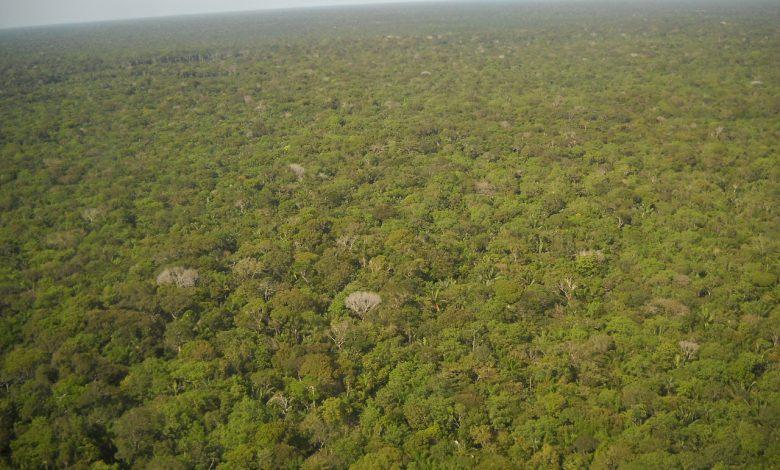One of the most worrying consequences of climate change has already begun

The ability of tropical forests to remove carbon from the atmosphere is declining. This is demonstrated by a large-scale international study led by the Royal Museum for Central Africa in Tervuren and the University of Leeds. “The dreaded conversion of the undisturbed tropical forests from a carbon sink to a carbon source has already begun,” say the researchers.
Intact tropical forests are crucial carbon sinks worldwide. They slow down climate change by removing carbon from the atmosphere and storing it in trees, a process called carbon sequestration. In total, tropical trees store 250 billion tonnes of carbon, which is equivalent to 90 years of global fossil fuel emissions at today’s levels.

Scientists from nearly a hundred scientific institutions conducted a large-scale study on carbon sequestration. They followed up some 300,000 trees over 30 years. The results will be published on Thursday in the specialist journal Nature.
Analysis of three decades of tree growth and mortality in 565 undisturbed tropical forests in Africa and the Amazon shows that total carbon uptake in intact tropical forests peaked in the 1990s and has declined since then. While intact tropical forests absorb about 46 billion tonnes of carbon dioxide (CO2) from the atmosphere during that period, scientists estimate that in the last decade it was only 25 billion tonnes. The lost carbon storage capacity – 21 billion tonnes – corresponds to “ten years of fossil fuel emissions from the UK, Germany, France, and Canada combined,” it says.
2035
According to the researchers, the decline occurred because forests were up to 33 percent less able to absorb carbon and because the range of intact tropical forests decreased by 19 percent due to deforestation, while global carbon dioxide emissions increased by 46 percent.
“Additional carbon dioxide stimulates the growth of trees, but every year this effect is increasingly counteracted by the negative effects of higher temperatures and drought that slow down growth and can kill trees,” says lead author of the study Wannes Hubau of the Royal Museum for Central Africa. For example, the researchers predict that Amazon will change from a carbon sink to a carbon source around 2035.
“After years of scientific research deep in the rainforests of Congo and the Amazon, we have found that one of the most worrying effects of climate change has already begun,” says Simon Lewis of the School of Geography at the University of Leeds. “This is decades earlier than even the most pessimistic climate models predict.”
The authors of the study emphasize that tropical forests must be better protected. “The immediate threats to tropical forests are deforestation, logging, and fires. These require urgent action,” says Lewis




